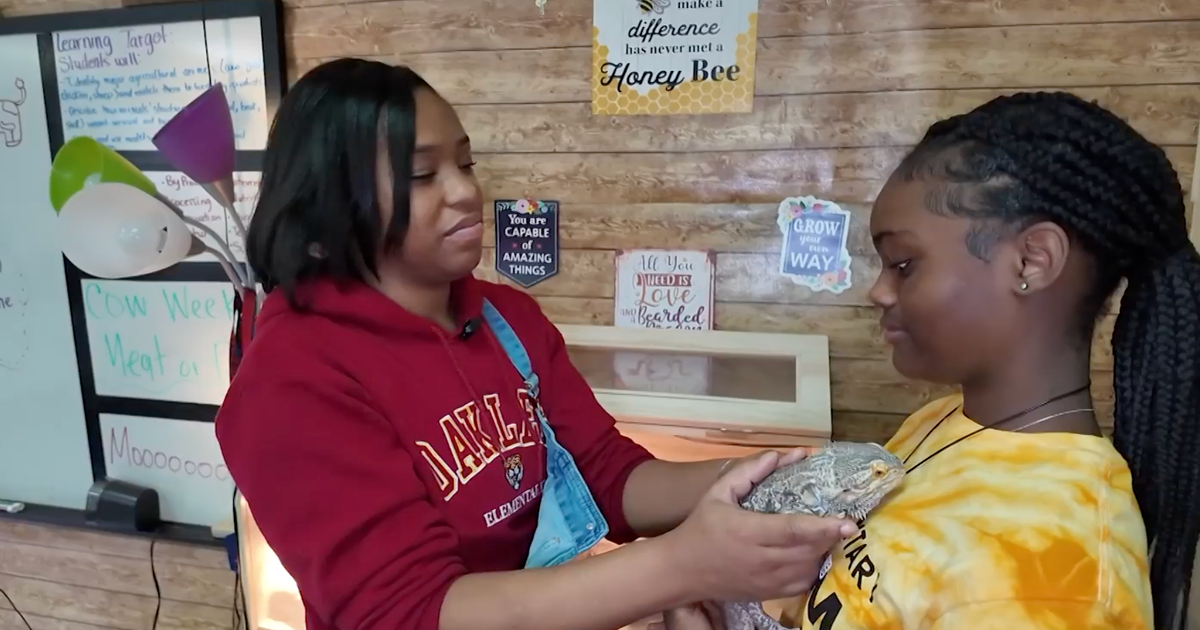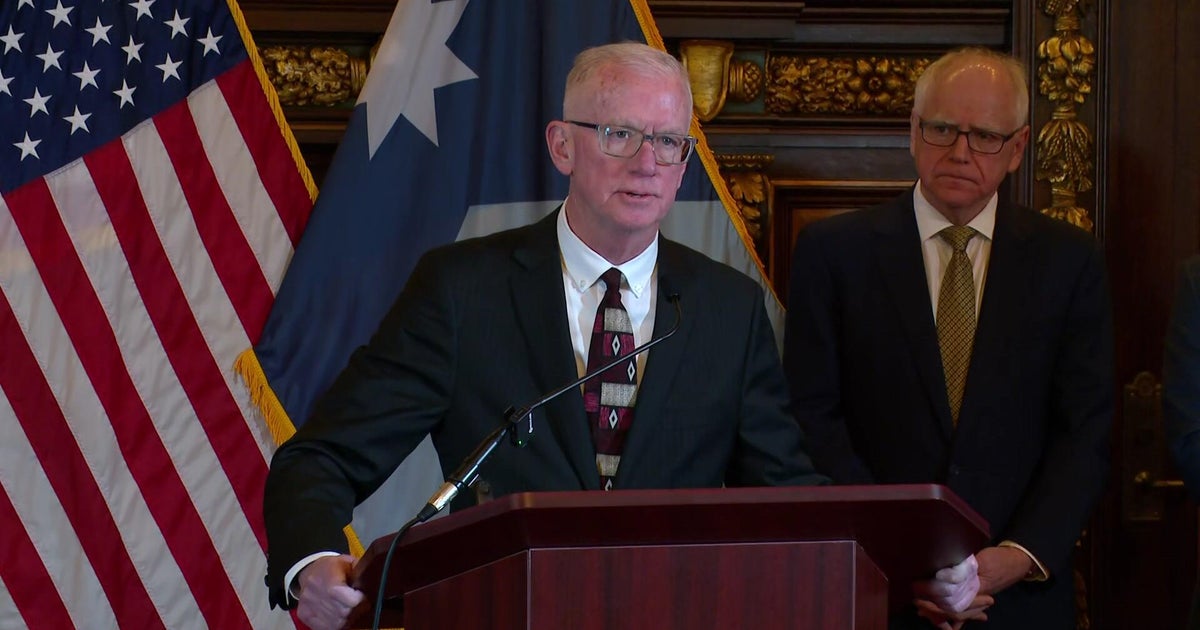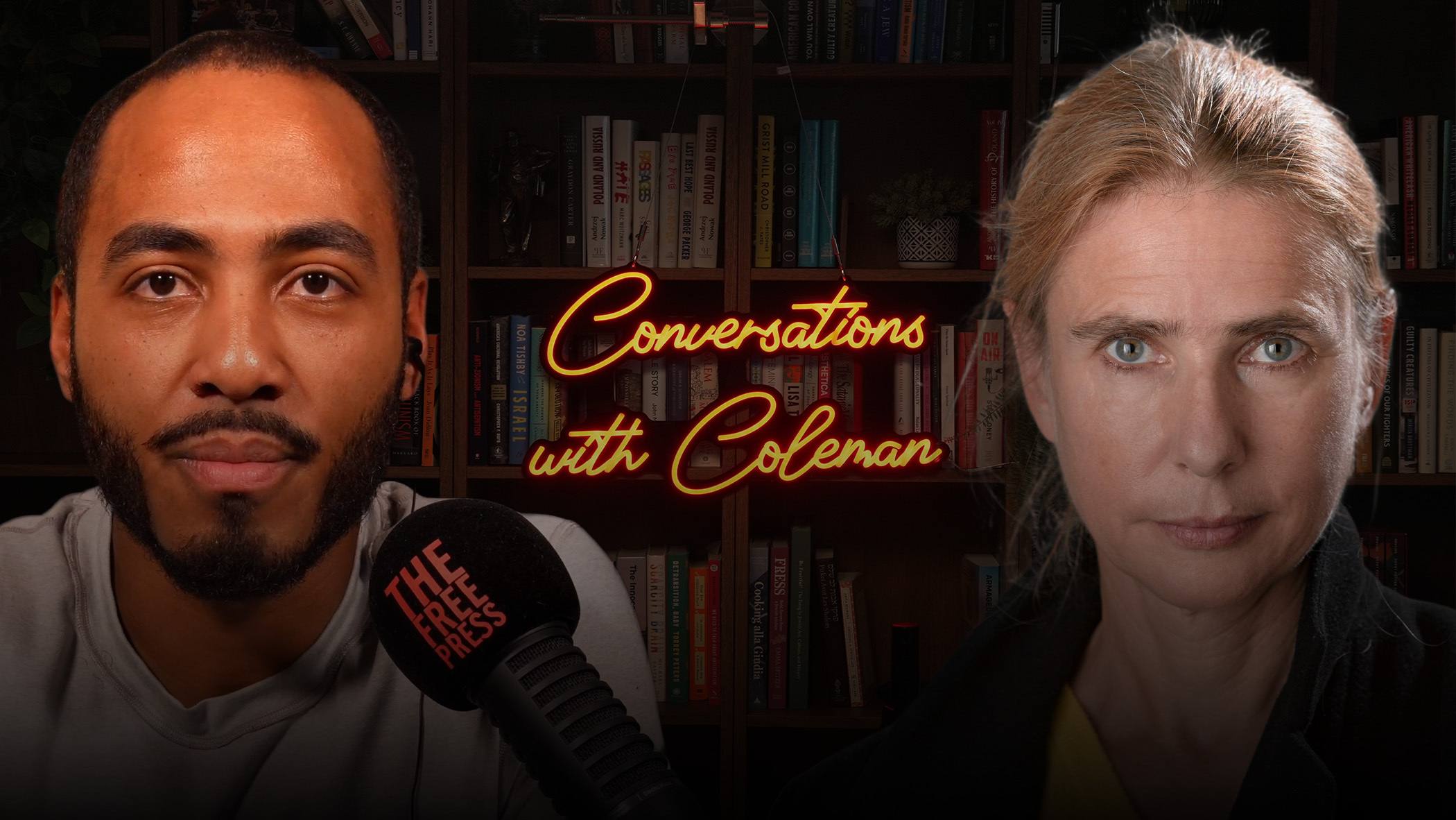Brené Brown's life lessons
Brené Brown wants to help people.
Armed with a PhD in social work, she has conducted tens of thousands of interviews for her research on behavior and emotion. From those conversations, she has extracted insights to the universal human experience.
Through her bestselling books, Netflix special, new podcast, and speaking engagements that range from corporations to the military, Brown guides people in ways of understanding and improving themselves—and one another.
Her work became widely known in popular culture through her 2010 speech at a Houston TEDx, now one of the most viewed TED Talks of all time. Today in these days of anxiety and social distancing, her message seems to resonate even more deeply.
"I think we're supposed to help each other," she told correspondent Bill Whitaker this week on 60 Minutes. "I mean, I don't think we're supposed to do it alone. We all want to be better."
THE SECRET TO HAVING COMPASSION
Across the world, people are in isolation in an effort to prevent the spread of COVID-19. Millions of Americans have already lost their jobs.
It is safe to say a lot of people need compassion right now. And Brown wants to help them find it.
In the video above, she made a distinction between having empathy and having compassion. Empathy, she said, is a skillset that can be taught, while compassion is more of a belief system.
To figure out how to attain that way of thinking, Brown studied the people she calls "incredibly compassionate," people who did not seem to feel even a little judgement toward others. She looked for what they had in common and thought the answer might lie in their faith or spirituality.
She was wrong. Her data showed that compassionate people do indeed share something in common—just not what she expected.
ATTEND TO FEARS AND FEELINGS
Brown has a message for anyone who has ever led another person, be it a parent with a child, a boss with an employee, or a teacher with a student: Leaders must seek out the root cause of troubling behavior, or they will spend all their time dealing with it.
Figuring out why someone is misbehaving begins with establishing boundaries. During a recent speech at the University of Texas, Brown gave an example of an employee in a meeting who bangs his fist on the table and rolls his eyes when he is angry.
The anger, she said, was fine. The actions were not; they crossed a boundary.
If, after establishing that boundary, the employee bangs his fist again, it is not enough to tell him to stop, Brown said. Instead, the manager must figure out why the employee is angry.
"If all we keep doing is managing behaviors without digging underneath and dealing with the fears and feelings that are driving the behaviors, we don't see change," she said.
SHAME VS. GUILT
Brown gives people another technique for creating positive change: understand the difference between guilt and shame.
"Shame is really a focus on self, while guilt seems to be a focus on behavior," Brown told Whitaker in the video above. "So shame, 'I am bad.' Guilt, 'I did something bad.'"
She used the example of a parent disciplining a child who told a lie. A shaming response is to call the child a liar. A better response is to tell them, "You're a great kid, but you lied, and that's not okay. Here are the consequences."
"When we can focus on behavior, we are much more likely to respond with empathy and actually change," Brown said.
THE IMPORTANCE OF VULNERABILITY
Many top corporations have called in Brown as a consultant to help their leaders. One of her key teachings—and one that might have been scoffed at not so long ago in the corporate world—is to embrace vulnerability.
Brown says leaders must lean into that feeling because it is an important step toward having courage, which in turn leads to creativity.
"Innovation, by definition, is idea, iteration, failure, iteration, failure, iteration," she said. "Places where they're doing the most remarkable, kind of, high-risk, high-reward innovating [have] huge tolerances for vulnerability. And so if you have leaders who are either preaching a gospel of 'vulnerability is weakness' or modeling that, just don't expect great things."
But that does not mean crying in a Zoom meeting with your employees. Vulnerability, Brown said, is not about over-sharing or too much self-disclosure. She does not advocate that leaders put it all out there, but rather, that they acknowledge the challenges they are facing.
"All I'm saying about vulnerability is that when you are in uncertainty, when you feel at risk, when you feel exposed, don't tap out," she said. "Stay brave. Stay uncomfortable. Stay in the 'cringey' moment. Lean into the hard conversation. And keep leading."
To watch Bill Whitaker's profile of Brené Brown, click here.
The videos above were edited by Sarah Shafer Prediger.



